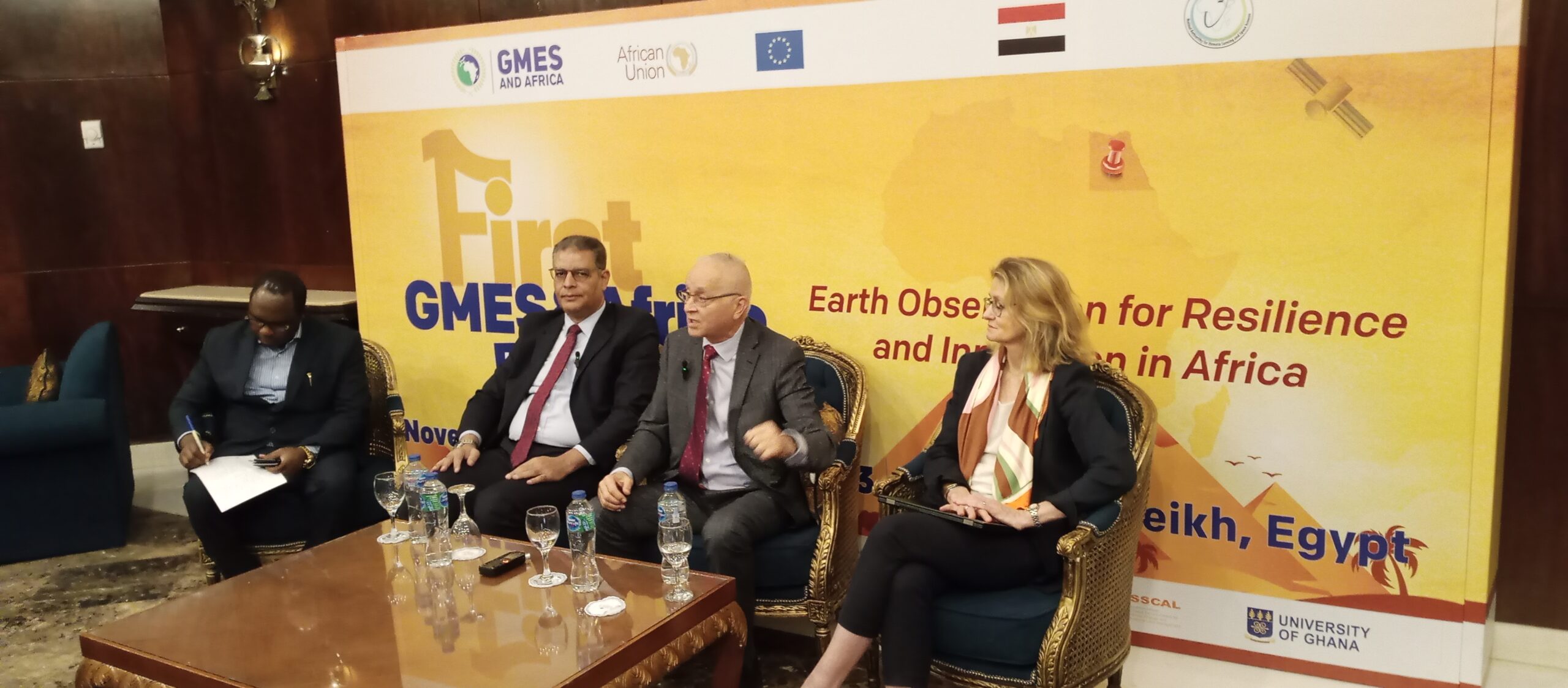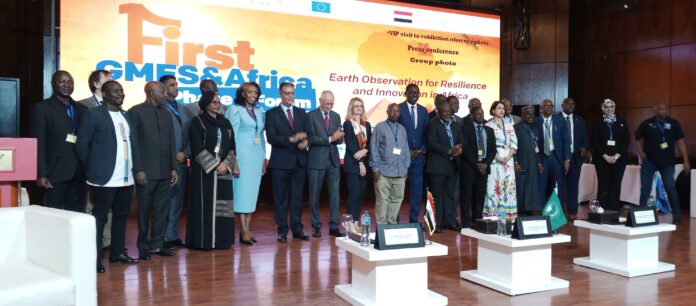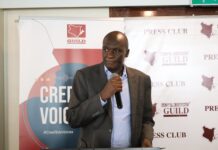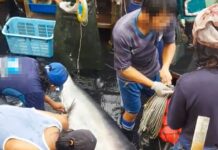By Mazera Ndurya
Sharm El Sheikh, Egypt: The African Union Commission (AUC) says indigenous knowledge need not be banished instead it should be used to enrich science.
Professor Mohammed Belhocine, African Union Commissioner, Education, Science, Technology and Innovation while acknowledging the role that traditional knowledge plays in the lives of communities, there is a need to do more research to see what is valid.
Citing the case of the artemisinin plant that was used in the treatment of Malaria as a case of a valid contribution of indigenous knowledge, there is still a need for care on how the knowledge is consumed.
Speaking at a Press conference on the sidelines of the Global Monitoring for Environment and Security and Africa (GMES & Africa) Phase 2 Forum in Sharm El Sheikh in Egypt, Professor Belhocine said science and traditional knowledge could complement each other.
“Sometimes traditional knowledge contradicts science but sometimes traditional knowledge proves scientifically relevant, effective, and impactful. So how are we going to separate these two?
“We have to be very careful and we have to do more research on our own traditional knowledge to see what is valid and we keep it and incorporate it. In forecasting weather for instance, if there are some practices in forecasting where it is proven effective then let’s incorporate them into our data and let’s put them as part of our mechanism. If it doesn’t work then we should be careful not to incorporate anything on the basis of traditional knowledge. We should take traditional knowledge what is scientifically proven,” he said.
GMES & Africa has been delivering on its Pan-African mandate strengthening the capacities of African institutions with the required resources for access and exploitation of Earth Observation services particularly in water and natural resources, and Marine and Coastal Area domains. This is in line with the AU Agenda 2063 and the African Space Policy and Strategy that advocates for the promotion of environmentally sustainable and climate-resilient economies and communities.

The GMES & Africa initiative has been providing information to key stakeholders including policymakers, scientists, businesses, academia, and end users, through consortia of institutions implementing Earth Observation services and natural resource management projects across the five regions of Africa. Once every two years, GMES & Africa brings all its stakeholders together through a forum
Professor Belhocin says programmes like GMES must go down further to the communities so that it doesn’t remain elite-centered programme.
He says: “It should translate the programme into concrete knowledge and impacts on the lives of households. If it doesn’t go there it’s a failure and Agenda 2063 speaks about human centers development in Africa. The programme must be what the users want it to be.”
You can reach the writer on tnmazera@gmail.com














